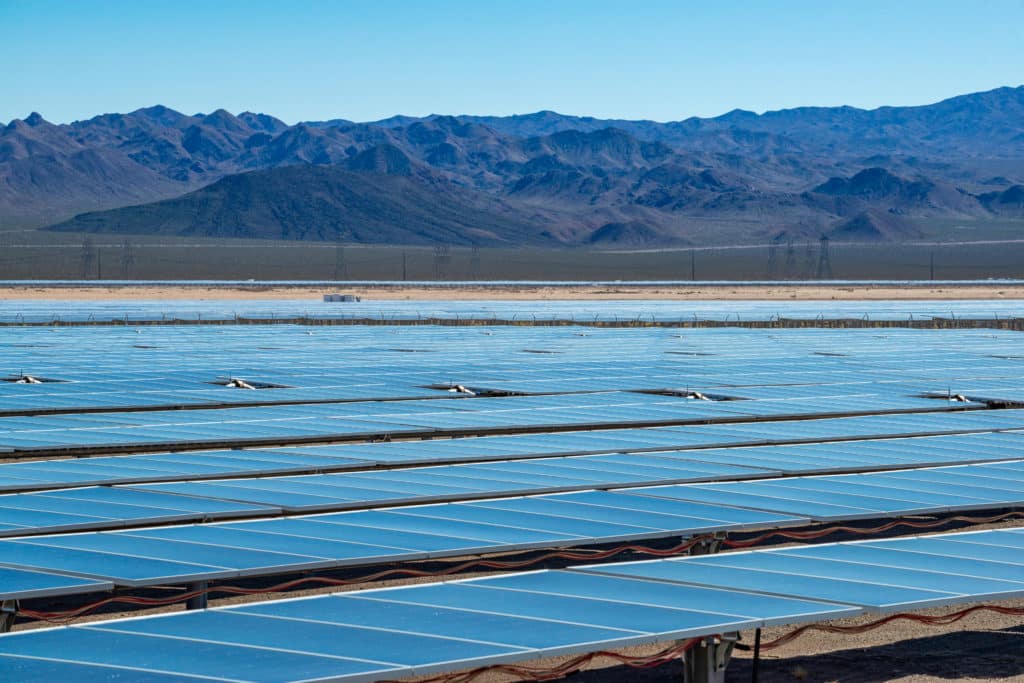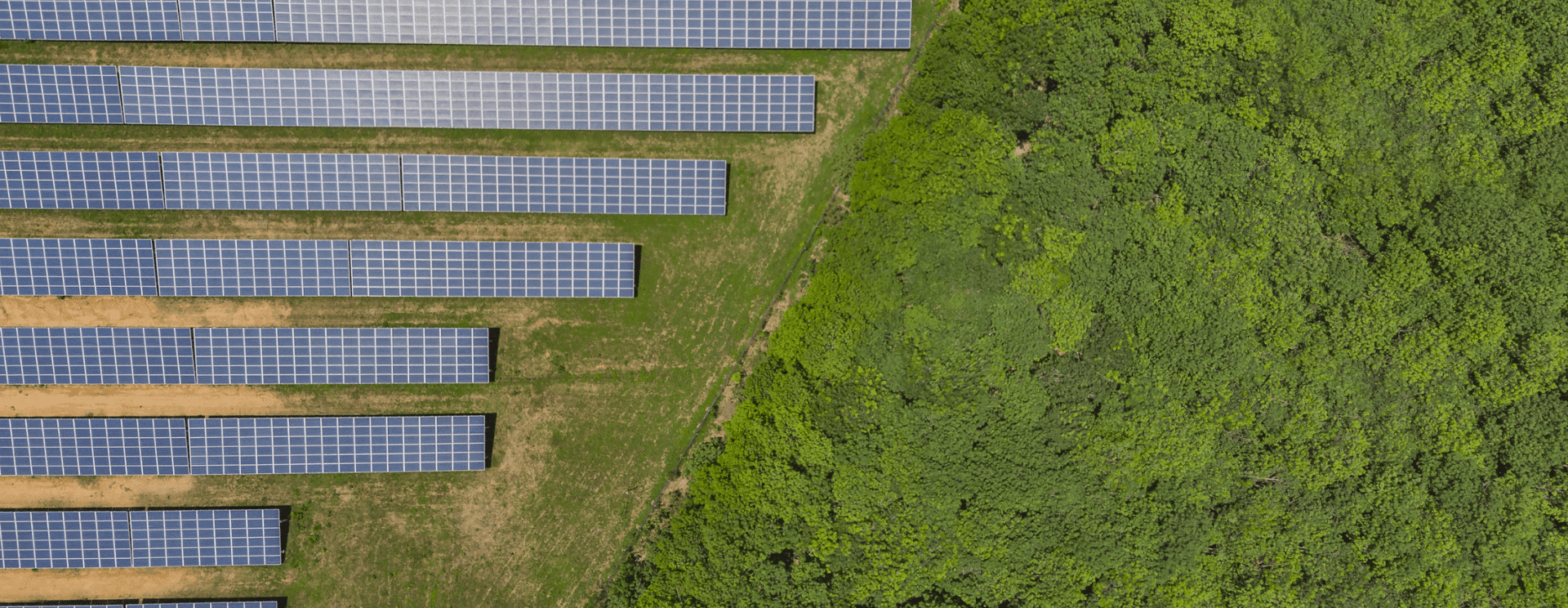4 Benefits of Utility-Scale Solar

Utility-scale solar has experienced immense growth over the past decade, hitting 50 gigawatts today, up from 1 gigawatt in 2011. It is predicted to be on track to continue driving the growth of the solar industry. While there are several challenges that come with the installation of utility-scale projects as detailed in this article, there are a slew of benefits.
The following are the benefits of utility-scale solar projects:
1. Cost Effective
The cost of solar energy has decreased consistently over the past decade. Utility-scale solar helps to save money over time by stabilizing electric prices. Solar power is more predictable than other energy sources like fossil fuels, where prices are constantly inflating. Predictability allows for the industry to be more reliable over time.
Utility-scale solar projects produce energy on-site. Due to their low environmental impact, they can be built closer to communities. Both factors eliminate the costs for transmission equipment. Additionally, utility-scale photovoltaic (PV) systems provide a great amount of output, while being less expensive than other solar installations. Utility scale PV solar installations are half the cost per Megawatt (million watts) generated compared to rooftop solar installations. Since utility scale solar has optimal output, there is more energy generated for a lower price.
2. Storage for Later Use
Utility-scale solar systems require a balance of system (BOS) which is the equipment and services beyond the PV modules that are needed to ensure the safety and functionality of a project. One of the components of a balance of system is battery storage that optimizes solar energy output. An energy source that can provide power at times of great demand is known as “dispatchable generation,”. This includes traditional power sources such as coal or natural gas. Solar power is not dispatchable because it is only available during hours of sunlight. Therefore, batteries are used to store energy and distribute it at times of need, like at night. Battery storage increases the flexibility of the grid and allows for the energy to be distributed to the grid at times when demand is high. This increases the reliability of utility-scale systems.
3. Environmental Impact
Utility-scale solar systems are better for the environment than traditional energy sources, like fossil fuels. The burning of fossil fuels emanates harmful carbon emissions into the atmosphere contributing to climate change. Nitrogen emissions from such fuels could also cause health problems. Communities with a limited access to power sources could harness solar energy, keeping the grid clean and producing zero carbon emissions.
4. Community
Solar installations can improve the economic activity of a local community. Because the size of the project mandates a variety of service providers, utility-scale solar projects can create local construction jobs, and send business toward providers in operations and maintenance. Solar projects also provide communities with higher tax revenue. Because of the longevity of utility-scale solar this could result in substantial additional tax revenue.
Solar projects could also be beneficial to the overall quality of life of the community. In the case of farmland, replacing land with these solar projects eliminates the use of fertilizers and chemicals improving the water supply and decreasing soil runoff. Projects are also required to implement storm management plans, to ensure that projects do not contribute to flooding or erosion. When a utility-scale solar project is no longer efficient and the equipment is removed, the land returns to its original condition prior to the installation, and there is no lasting negative effect of the project.
Utility-scale solar installations, compared to residential and commercial solar projects, continue to take up a larger share of solar installations in the U.S. This, coupled with the projected growth of the solar energy market, only gives more reasons to invest in utility-scale solar.
Learn more about what a utility-scale solar installation is and its distinguishing features from other solar projects.


